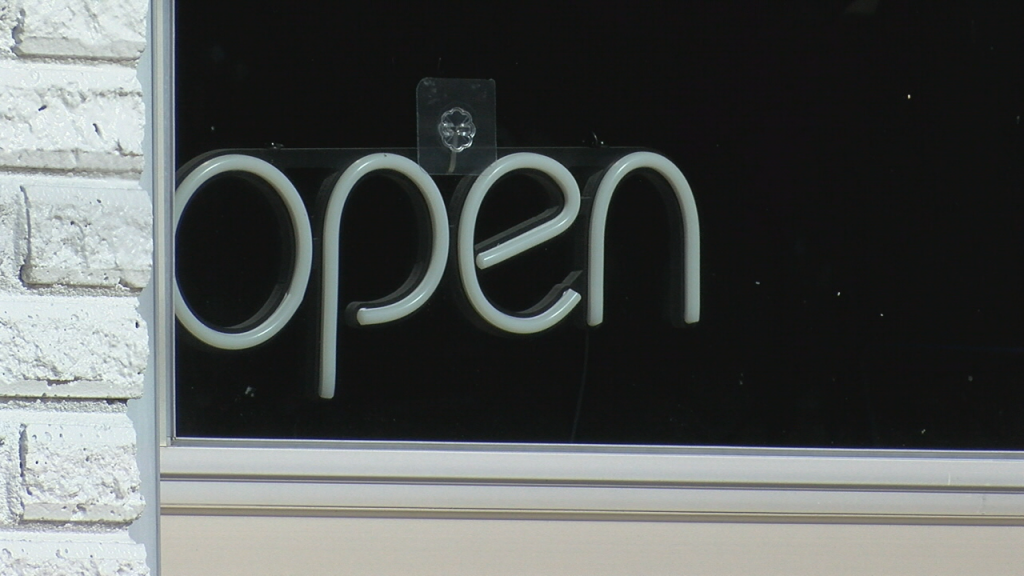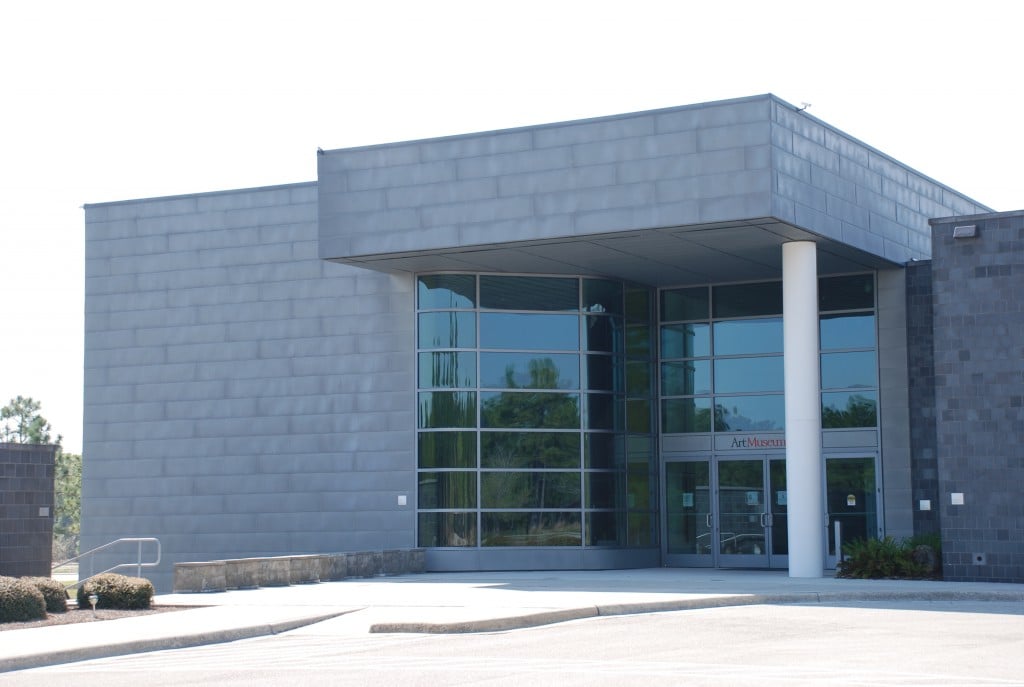As vaccine outreach continues, here’s some answers to frequently asked questions
WILMINGTON, NC (WWAY) — President Joe Biden has announced that June is the National Month of Action, a campaign to get more people vaccinated against Covid-19 by July 4th.
The goal is to give 70-percent of all U.S. adults at least one shot by Independence Day.
According to the White House, 63-percent of adult Americans have gotten vaccinated, including 73-percent of Americans age 40 and over, and COVID-19 cases and deaths have plummeted as a result – cases are down over 90-percent and deaths are down over 85-percent since January 20th.
Now that vaccines are readily available, some people may still have concerns. Here’s some answers to frequently asked questions regarding the Covid-19 vaccine.
How do COVID-19 vaccines work?
Vaccines train our immune system to recognize the COVID virus and make cells to fight the virus. With vaccines, we can build immunity to a disease without getting the disease.
What are the side effects of COVID-19 vaccines?
Some people get temporary side effects such as a fever, injection site pain, fatigue, headache, muscle pain, joint pain, chills after they take the Pfizer-BioNTech and Moderna COVID-19 vaccine. Side effects are usually mild and last only a few days. They happen when the body is building protection against the virus.
How do I know the vaccine won’t give me COVID-19?
You cannot get COVID-19 from any of the COVID vaccines in use or being tested in the United States because none of them contains the live virus that causes the disease.
What does it mean that a vaccine is 95% effective?
Clinical trials showed that the vaccines are 94-95% effective, meaning they prevented 94-95 of every 100 vaccinated people from getting COVID-19. A COVID-19 vaccine reduces the likelihood that you will develop COVID-19.
Will I still be able to transmit the virus if I get a COVID-19 vaccine?
COVID-19 vaccines reduce the likelihood that you will develop COVID-19. More studies are needed to determine whether a vaccinated person who is infected despite vaccination is less likely to infect others.
Why are people having allergic reactions to the COVID-19 vaccine?
A few people have had allergic reactions called anaphylaxis after getting a COVID-19 vaccine but were treated and have recovered. Your doctor can help you decide if it is safe for you to be vaccinated.
Do the vaccines work on the new COVID variants?
Scientists are studying variants of the virus that causes COVID-19 to see whether existing vaccines will protect people against them.
Why is there a heavy focus on vaccinating people from racial and ethnic minority groups?
People from racial and ethnic minority groups who get COVID-19 are at much higher risk for severe cases of the disease as well as death from the disease. It’s important that they receive vaccines as soon as possible.
When can I get the COVID-19 vaccine?
The vaccines are being distributed now and as larger supplies become available, more people will be able to receive a vaccine. Most adults should be able to get the vaccine later in 2021.
Do I need to get a COVID-19 vaccine if I’ve already had COVID-19?
Scientists are still reviewing this question. We don’t yet know how long natural antibodies in people who have had COVID-19, or antibodies created as a result of vaccines, will be effective.
How long do COVID-19 vaccines last?
We don’t know right now how long COVID-19 vaccines protects people, but clinical trials are investigating this. What we do know is that among people who were vaccinated in clinical trials of the vaccines now available, the vaccines were 94-95% effective in preventing COVID-19 compared to people who received a placebo.
Is information available specifically addressing the needs of communities of faith?
Yes; the CDC regularly updates its recommended guidance for Communities of Faith. It even provides steps to help minimize community sharing of worship materials, as well as mitigation, cleaning and disinfecting recommendations.
Want to learn more?
We encourage our listeners to learn more about COVID-19, the benefits of getting vaccinated and how to protect yourself and those you love. Please visit www.cdc.gov/coronavirus or call 1-800- 232- 4636.





Leave a Reply